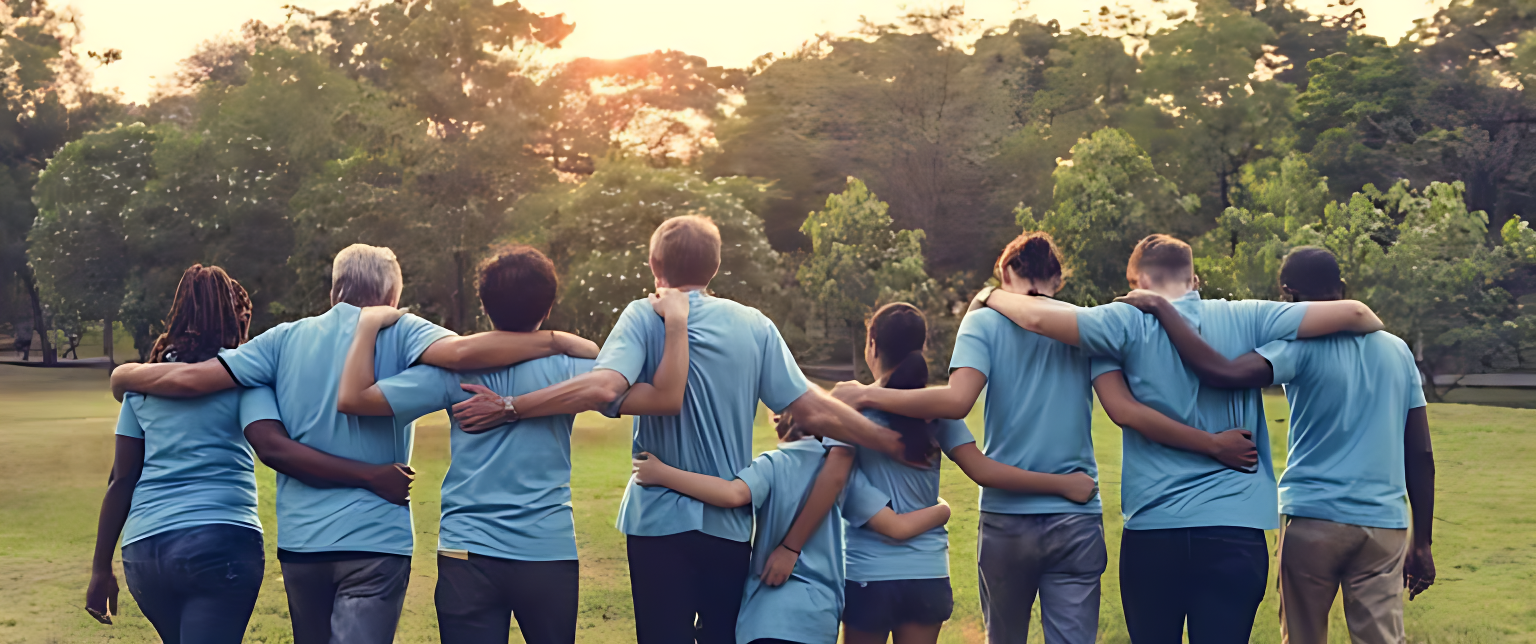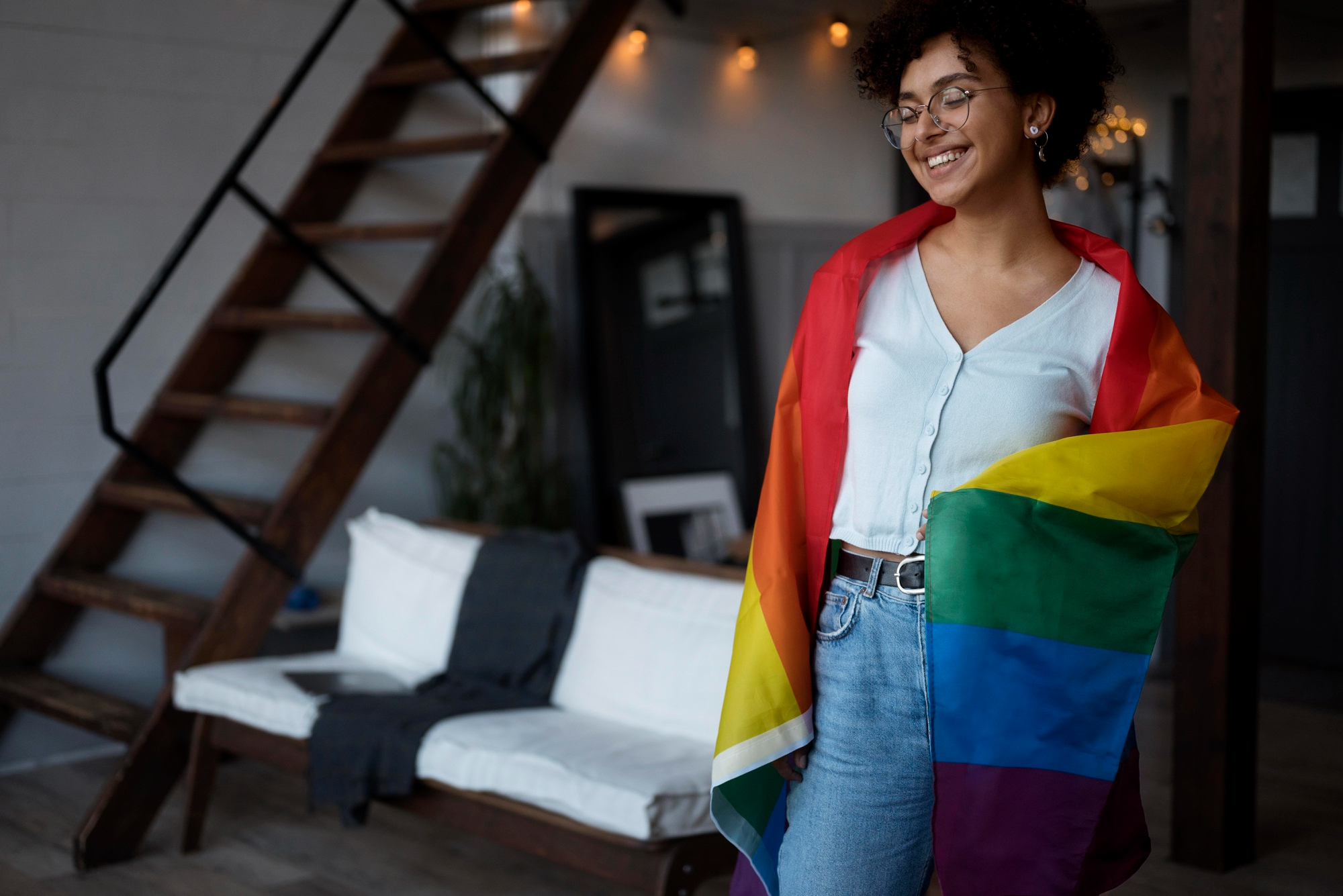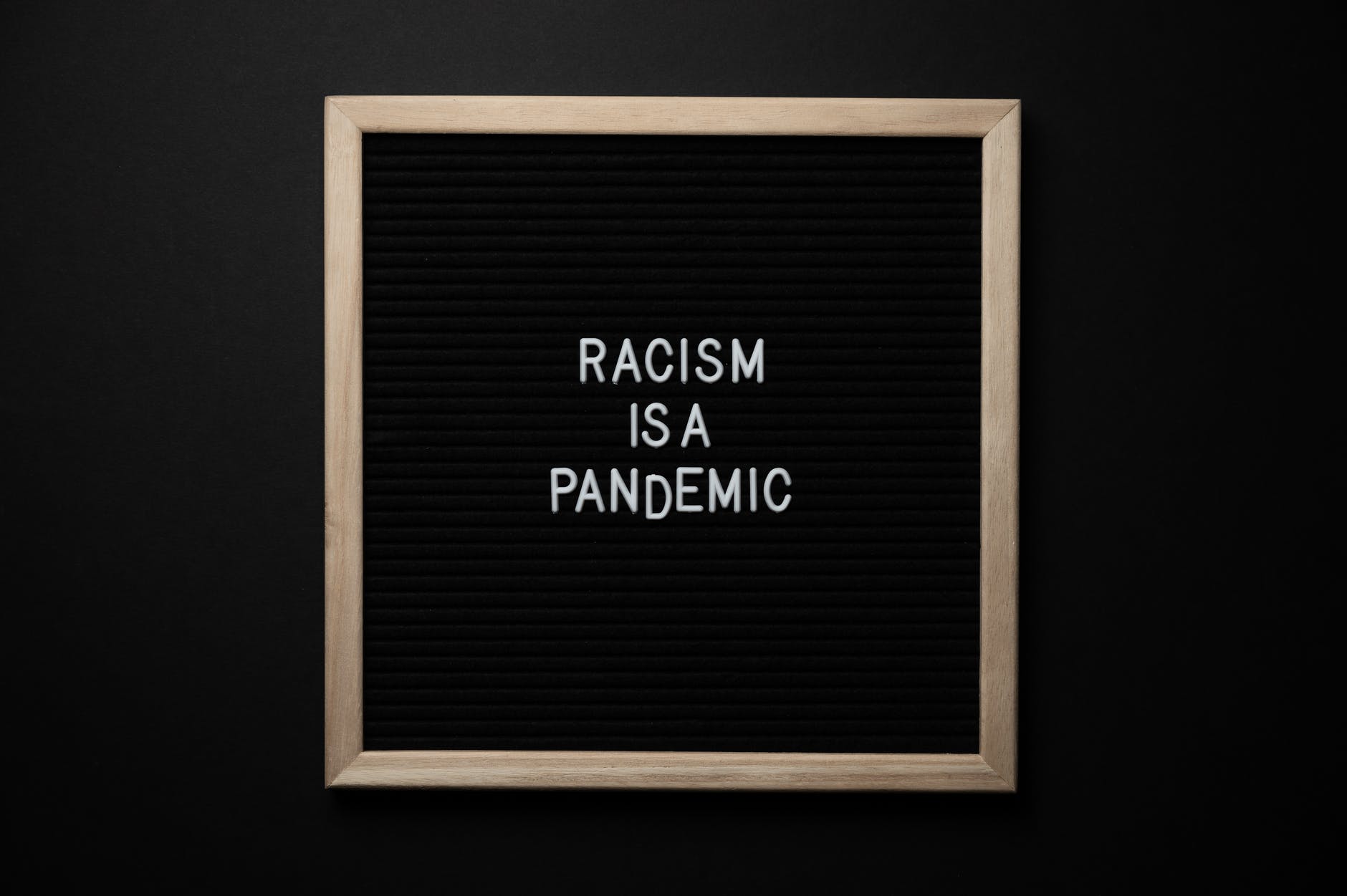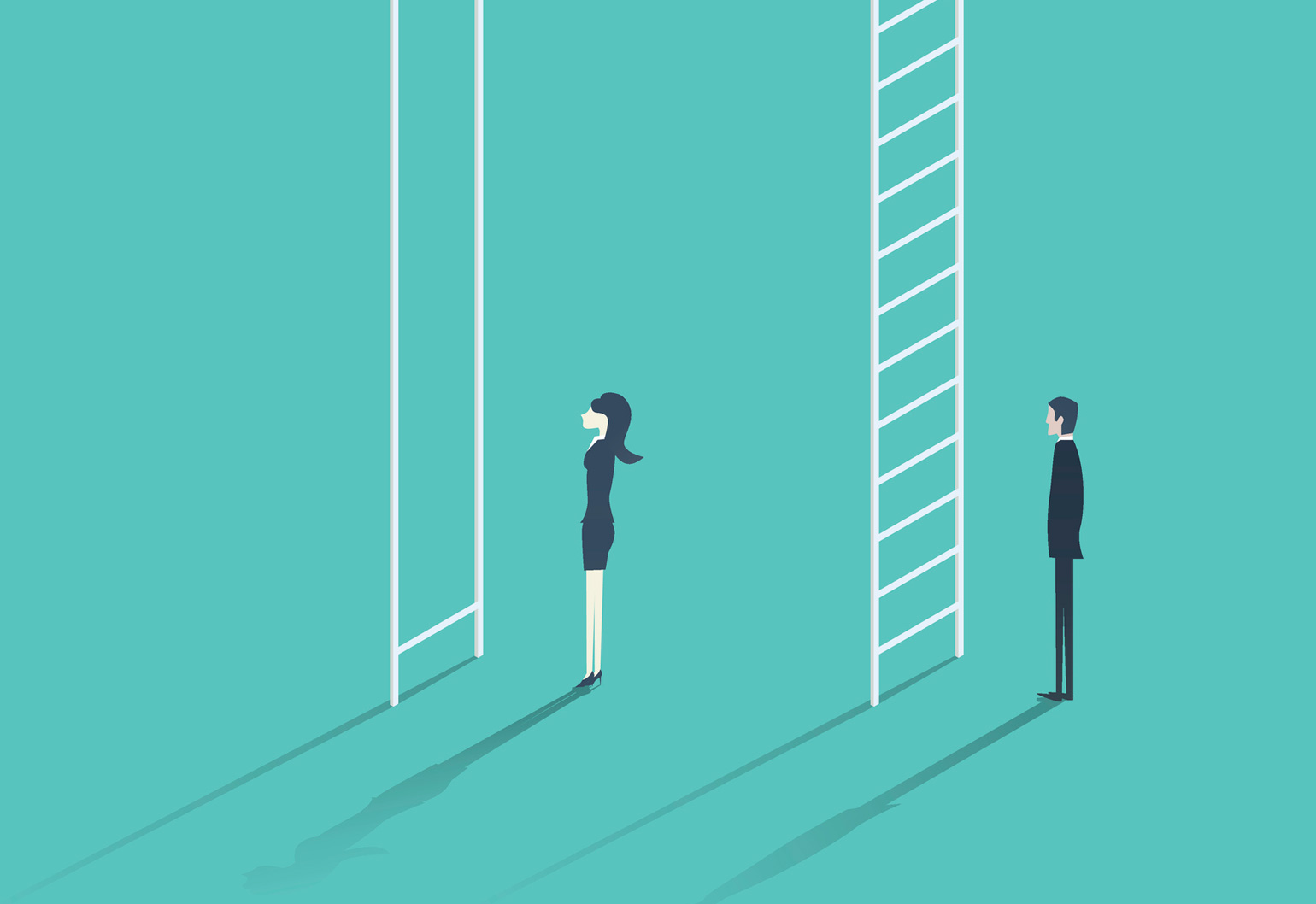On 14 December 1990, the United Nations General Assembly (by resolution 45/106) designated 1 October the International Day of Older Persons.
This was preceded by initiatives such as the Vienna International Plan of Action on Ageing – which was adopted by the 1982 World Assembly on Ageing – and endorsed later that year by the UN General Assembly.
In 1991, the General Assembly (by resolution 46/91) adopted the United Nations Principles for Older Persons.
In 2002, the Second World Assembly on Ageing adopted the Madrid International Plan of Action on Ageing, to respond to the opportunities and challenges of population ageing in the 21st century and to promote the development of a society for all ages.
The theme of the 2015 commemoration is “Sustainability and Age Inclusiveness in the Urban Environment”.
Living up to the Secretary-General’s guiding principle of “Leaving No-One Behind” necessitates the understanding that demography matters for sustainable development and that population dynamics will shape the key developmental challenges that the world in confronting in the 21st century. If our ambition is to “Build the Future We Want”, we must address the population over 60 which is expected to reach 1.4 billion by 2030.
Background
The composition of the world population has changed dramatically in recent decades. Between 1950 and 2010 life expectancy worldwide rose from 46 to 68 years, and it is projected to increase to 81 by the end of the century. It should be noted that at present women outnumber men by an estimated 66 million among those aged 60 years or over. Among those aged 80 years or over, women are nearly twice as numerous as men, and among centenarians women are between four and five times as numerous as men. For the first time in human history, in 2050, there will be more persons over 60 than children in the world.
Almost 700 million people are now over the age of 60. By 2050, 2 billion people, over 20 per cent of the world’s population, will be 60 or older. The increase in the number of older people will be the greatest and the most rapid in the developing world, with Asia as the region with the largest number of older persons, and Africa facing the largest proportionate growth. With this in mind, enhanced attention to the particular needs and challenges faced by many older people is clearly required. Just as important, however, is the essential contribution the majority of older men and women can continue to make to the functioning of society if adequate guarantees are in place. Human rights lie at the core of all efforts in this regard.
The introduction of new policies and programmes
During the last decade, population ageing has led to the introduction of new policies and programmes, in which the social sector has taken centre stage, as shown by the majority of contributions to the present report. Many Governments in developed and developing economies have designed or piloted innovative policies in the health, social security or welfare systems. In addition, several policy framework documents, including national plans of action on ageing have been enacted. Specific age-related legislative measures in areas as varied as building codes, licensing and monitoring of care centres and vocational training have also begun to emerge. All levels of government, from local to national, have taken a share in this responsibility, and have either created new institutions or renewed existing ones to seek ways of gradually responding to the challenges faced by older persons.
Understanding the roles of older persons in family and society
Government institutions have chosen diverse approaches in setting priorities. These choices highlight different perceptions of the role that older people play in the family and in society at large. In some cases, measures aim to capture the rapidly evolving dynamics of communities and societies, inviting a second look at current perceptions about older persons and work, elder-care mechanisms, intergenerational support systems and financial constraints. Some Governments have designed policies founded on the principle of active ageing and autonomy, aimed at facilitating the continuation of independent lives at home, with services and facilities that cater for various types of needs. Others emphasize family ties and support for the family unit as the primary source of care for older persons. In all cases, a network of private actors, including various volunteer organizations and community-based centres, are essential to the smooth functioning of the entire system.
Of special resonance is the situation of older women who face inequalities as a result of their gender-based roles in society. Gender relations structure the entire life cycle, influencing access to resources and opportunities, with an impact that is both ongoing and cumulative. The different circumstances that shape the lives of women and men in old age are the outcome of a lifetime of experience. Good health, economic security, adequate housing, an enabling environment, access to land or other productive resources, these are the fundamentals of ageing with dignity, yet achieving them depends on decisions and choices only partly determined by each individual. The impact of gender inequalities in education and employment becomes most pronounced in old age. As a result, older women are more likely than older men to be poor. Furthermore, older women often take on greater responsibilities for family care while managing inflexible working conditions, mandatory retirement ages and inadequate pensions and other social security benefits, which leave them, and those in their care, extremely vulnerable. Without doubt, ageing, its human rights challenges and its feminization constitute an unprecedented shift in the social fabric of all societies, with far-reaching consequences.
Addressing the situation
The international community started to highlight the situation of older persons in the Vienna International Plan of Action on Ageing, adopted at the World Assembly on Ageing in 1982. The 1991 United Nations Principles for Older Persons, the 1992 Global Targets on Ageing for the Year 2001 and the 1992 Proclamation on Ageing further advanced international understanding of essential requirements for the well-being of older persons.
The Political Declaration and the Madrid International Plan of Action on Ageing, 2002, adopted at the Second World Assembly on Ageing, and endorsed by the General Assembly in its resolution 57/167, reinvigorated the political consensus on an agenda on ageing, emphasizing development and international cooperation and assistance in this area. Since its adoption, the Madrid International Plan has guided the drafting of policies and programmes at the national level, inspired the development of national and regional plans and provided an international framework for dialogue.
The Madrid International Plan of Action
In the Political Declaration adopted in Madrid, Member States reaffirmed their commitment to the promotion and protection of human rights, and called for the elimination of age discrimination, neglect, abuse and violence. More specifically, the Madrid International Plan contained guidance on the right to work, the right to health, participation and equality of opportunity throughout life, stressing the importance of the participation of older persons in decision-making processes at all levels.
The priorities set out in the Madrid International Plan of Action include a wide range of issues: equal employment opportunities for all older persons; programmes that enable all workers to acquire social protection and social security, including, where applicable, pensions, disability insurance and health benefits; and sufficient minimum income for all older persons, with particular attention to socially and economically disadvantaged groups. The importance of continuous education, vocational guidance and placement services are also stressed, including for the purpose of maintaining a maximum functional capacity and enhancing public recognition of the productivity and the contributions of older persons. Health is also a key feature of the Madrid Plan of Action. The provisions encompass notions of prevention, equal access to health care, active participation, the impact of HIV/AIDS in respect to older persons and the full functionality of supportive and care-giving environments.
Basic Human Rights
There are numerous obligations vis-à-vis older persons implicit in most core human rights treaties despite the lack of specific provisions focusing on them. Such instruments apply to older persons in the same way as to all other people, providing protection for essential human rights, including the right to the enjoyment of the highest attainable standard of physical and mental health, freedom from torture, inhuman or degrading treatment and equality before the law as well as for an adequate standard of living without discrimination on any grounds.
Article source: United Nations


















